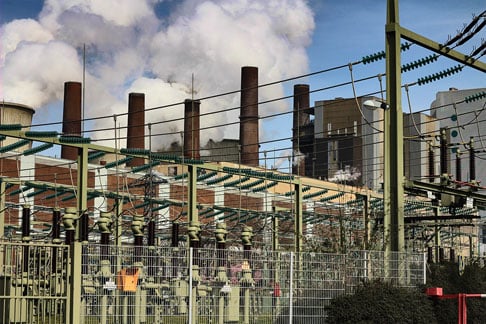This post is an excerpt from the journal ISA Transactions. All ISA Transactions articles are free to ISA members, or can be purchased from Elsevier Press.
Abstract: Tuning a complex multi-loop PID based control system requires considerable experience. In today's power industry the number of available qualified tuners is dwindling and there is a great need for better tuning tools to maintain and improve the performance of complex multivariable processes. Multi-loop PID tuning is the procedure for the online tuning of a cluster of PID controllers operating in a closed loop with a multivariable process.

This paper presents the first application of the simultaneous tuning technique to the multi-input–multi-output (MIMO) PID based nonlinear controller in the power plant control context, with the closed-loop system consisting of a MIMO nonlinear boiler/turbine model and a nonlinear cluster of six PID-type controllers. Although simplified, the dynamics and cross-coupling of the process and the PID cluster are similar to those used in a real power plant. The particular technique selected, iterative feedback tuning (IFT), utilizes the linearized version of the PID cluster for signal conditioning, but the data collection and tuning is carried out on the full nonlinear closed-loop system. Based on the figure of merit for the control system performance, the IFT is shown to deliver performance favorably comparable to that attained through the empirical tuning carried out by an experienced control engineer.
Free Bonus! To read the full version of this ISA Transactions article, click here.
Join ISA and get free access to all ISA Transactions articles as well as a wealth of other technical content, plus discounts on events, webinars, training & education courses, and professional certification.
Click here to join ... learn, advance, succeed!
2006 Elsevier Science Ltd. All rights reserved.




